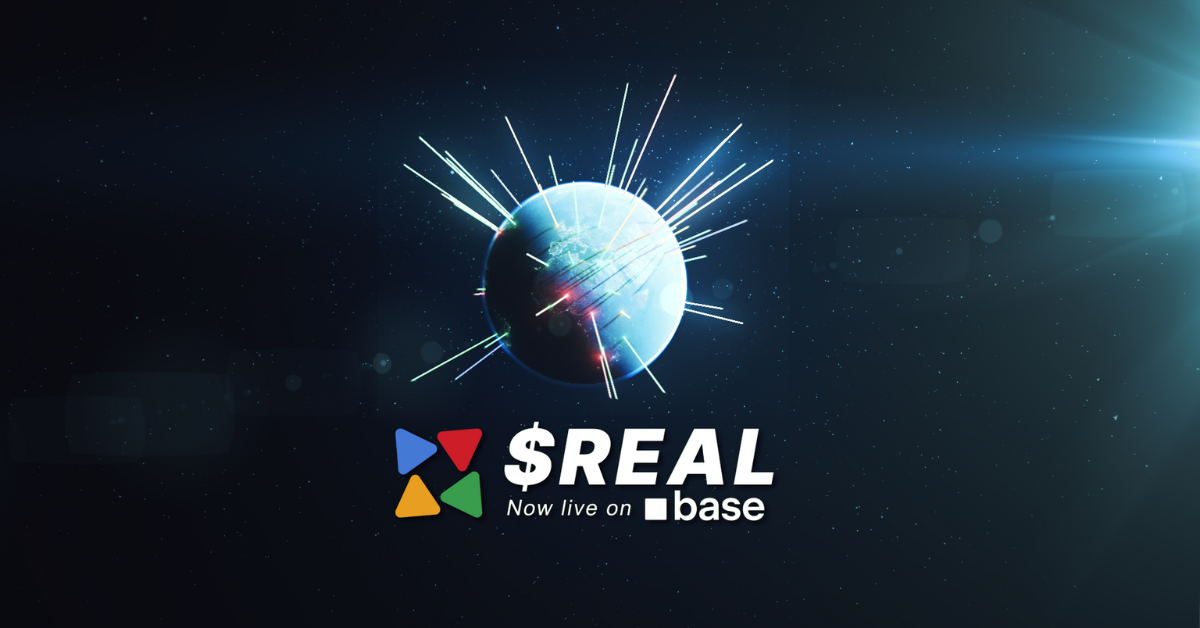The Importance of Token Standards
Token standards are essential because they provide a common framework that guides the issuance and management of digital tokens. This framework addresses several critical aspects such as:
Interoperability
Token standards enable a streamlined framework for different blockchain systems to work together smoothly. Token standards enable a token to be created on one platform, recognised and then used on another, which is crucial for the broad adoption of tokenised assets.
Security and Compliance
By adhering to established standards, developers can ensure that their tokens comply with regulatory requirements, including those related to anti-money laundering (AML) and know-your-customer (KYC) protocols. This is particularly important as the regulatory landscape for digital assets continues to evolve in various global jurisdictions.
Functionality and Efficiency
Standards can define how tokens operate, their use cases, and their interactions with smart contracts. This helps in reducing errors, enhancing transaction speeds, and ensuring the consistency of token behaviour across different platforms.
ERC-3643: A Standard for Real-World Assets
One notable standard in the realm of asset tokenisation is ERC-3643, which is specifically designed for tokenising real-world assets. Developed as part of the T-Rex protocol, this standard includes mechanisms for whitelisting and ensuring that only eligible participants can hold or trade the tokens. This functionality is crucial for meeting the strict compliance requirements often associated with real-world assets, such as real estate or fine art.
ERC-3643 helps tokenise assets in a way that is secure, transparent, and aligned with legal frameworks, making it an excellent choice for enterprises looking to tokenise large-scale assets or those requiring rigorous compliance structures.

Other Token Standards
In addition to ERC-3643, the blockchain ecosystem utilises several key token standards, each serving distinct purposes:
ERC-20
This is the most prevalent standard for creating fungible tokens. Fungible tokens are interchangeable, with each token having identical value and properties within the same issuance. This standard is primarily used for creating digital currencies and assets that require uniformity, such as company shares or utility tokens.
ERC-721
This standard governs the creation of non-fungible tokens (NFTs). Unlike fungible tokens, NFTs are unique and each token holds a distinct set of properties, making them irreplaceable and non-interchangeable. This property is particularly useful for representing unique digital items like artworks, collectibles, or real estate.
ERC-1155
Known as a multi-token standard, ERC-1155 allows for the creation of both fungible and non-fungible tokens within a single smart contract. This versatility enhances transaction efficiency and reduces the computational load on the network, which is beneficial for gaming applications and platforms that manage multiple token types simultaneously.
ERC-1400
This standard represents a more complex and comprehensive framework designed to enforce compliance with securities, law and regulations directly on the blockchain. It builds upon the features of earlier standards like ERC-20 (for fungible tokens) and ERC-721 (for non-fungible tokens), aiming to integrate the legal and regulatory requirements necessary for securities.
Each of these standards serves different purposes and is chosen based on the specific needs of the token issuance. For instance, ERC-721 is optimal for tokens representing unique assets, whereas ERC-20 is suited for assets that benefit from divisibility, like digital currencies or shares.
Real-World Application and Adoption
The practical adoption of asset tokenisation is rapidly advancing across various sectors, demonstrating the transformative potential of blockchain technology in real-world scenarios.
In real estate, the Aspen Coin, a security token representing partial ownership in the St. Regis Aspen Resort, was issued using ERC-20, showcasing tokenisation's potential to democratise access to premium investment opportunities. The art world has also seen significant adoption of NFTs through ERC-721, enabling artists and collectors to secure digital ownership of artworks transparently. Platforms such as OpenSea and Rarible facilitate the trade of these tokens, ensuring artists retain royalties from future sales—a benefit traditionally unavailable in the physical art market.
Commodities have not been left behind, with initiatives like Paxos and Aurus using blockchain to tokenise gold. By offering tokens backed by physical gold, these platforms provide a secure, efficient, and divisible method of owning and trading precious metals. Lastly, in the realm of financial instruments, the introduction of tokenised bonds and equities is beginning to reshape capital markets. The World Bank's issuance of a blockchain-operated bond demonstrated how these technologies could enhance the efficiency of financial services by simplifying processes like settlement and compliance.
Conclusion
Asset token standards are not merely technical specifications; they are crucial building blocks for the future of finance. They ensure that tokenisation projects are built on a foundation that is secure, compliant, and capable of supporting the complex needs of modern financial systems. As tokenisation continues to grow, the importance of these standards will only become more pronounced, influencing everything from individual investments to institutional asset management.
THIS ARTICLE WAS INSPIRED BY DEFACTOR PODCAST EPISODE 9:






